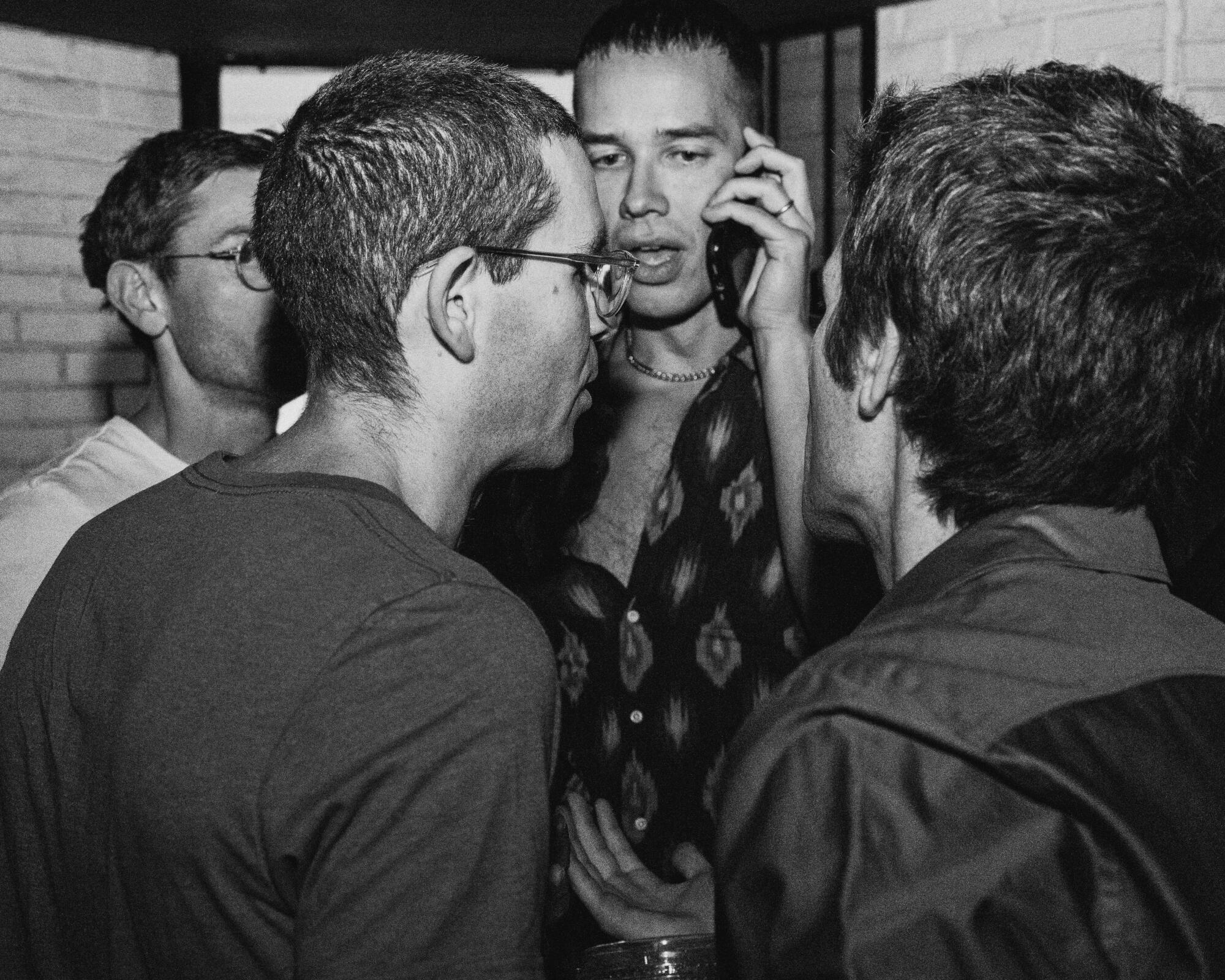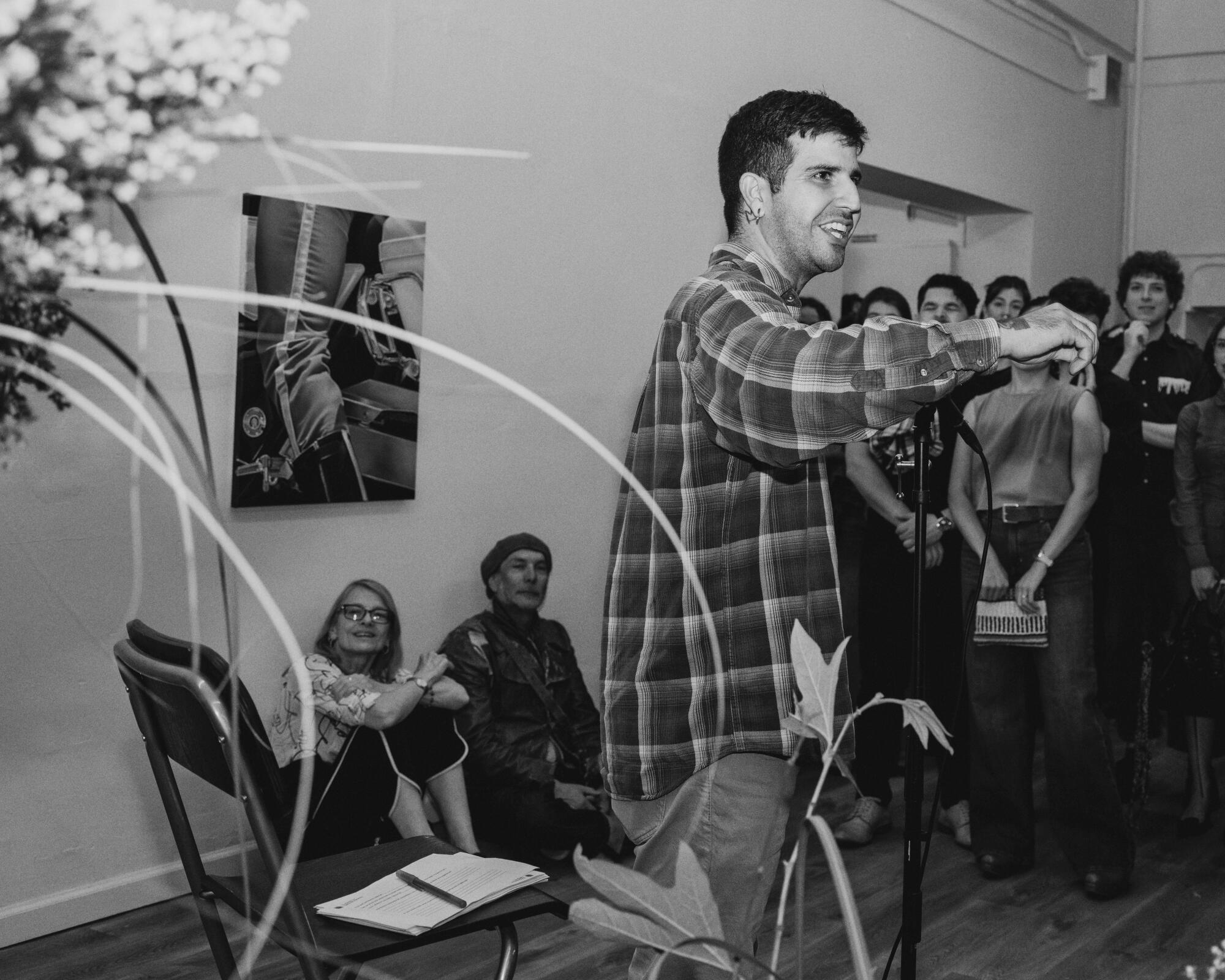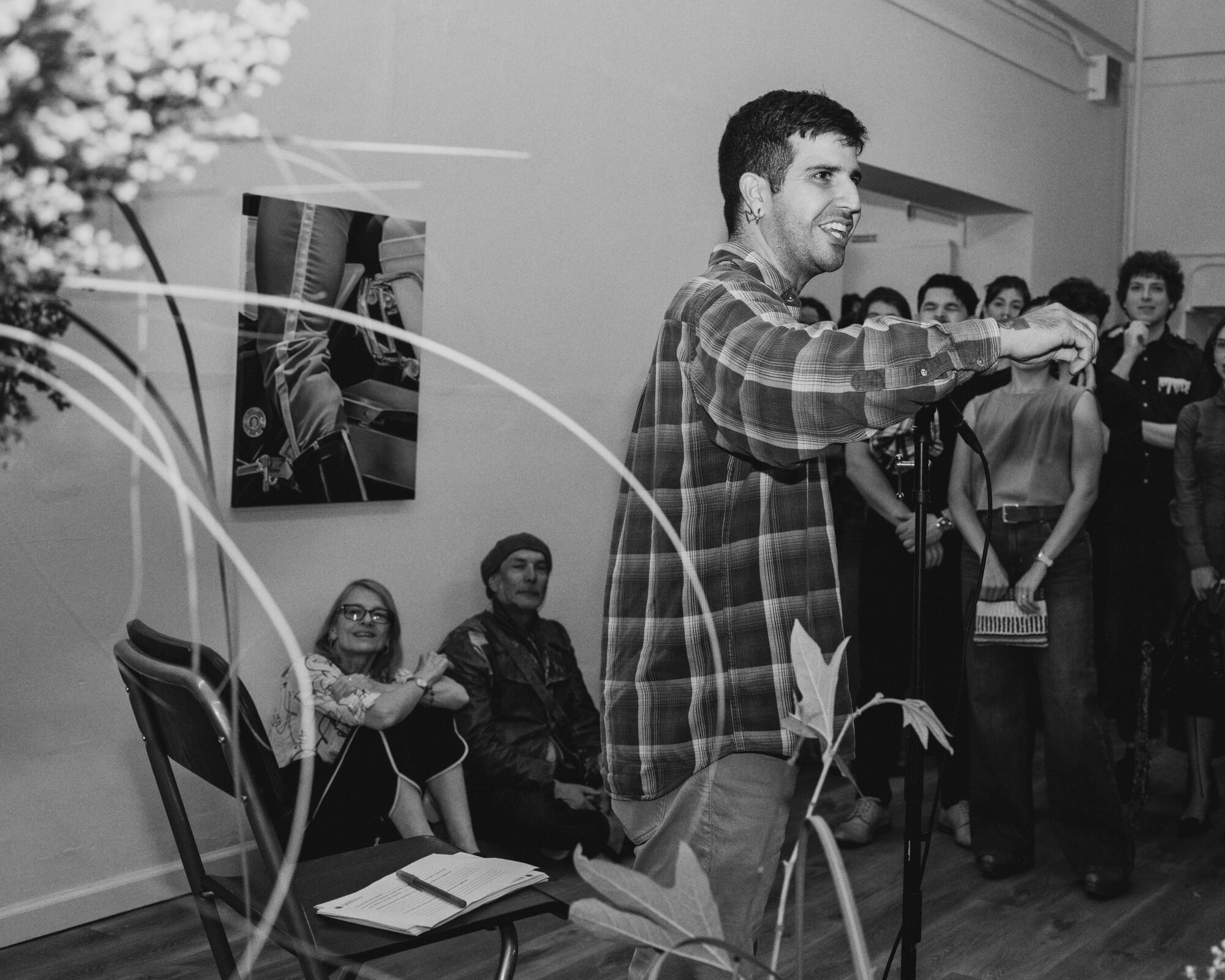
Christopher Soto, the founder of the Center for California Literature.
Los Angeles is, historically, a haven for writers and poets. In its city sprawl and California light, L.A. has fostered legendary writers from Joan Didion to Octavia E. Butler, created countercultural literary communities like the Watts Writers Workshop, and inspired Raymond Chandler’s “The Long Goodbye” and Ray Bradbury’s “Fahrenheit 451.”
Despite Los Angeles’ contributions to a rich literary history, the literary community struggles to stay rooted in place as writers’ spaces and financial support move elsewhere.
Take the National Endowment for the Humanities, which canceled over $10.2 million in humanities and arts funding to already-awarded projects in California. Or the devastating Pasadena and Altadena wildfires that decimated historic libraries and cultural archives.
For writers across the city, L.A. can feel like shaky literary ground. That’s where Christopher Soto has stepped in.
Soto is a poet and author of the debut collection “Diaries of a Terrorist,” a contributing writer at Image and now the founder of the Center for California Literature.
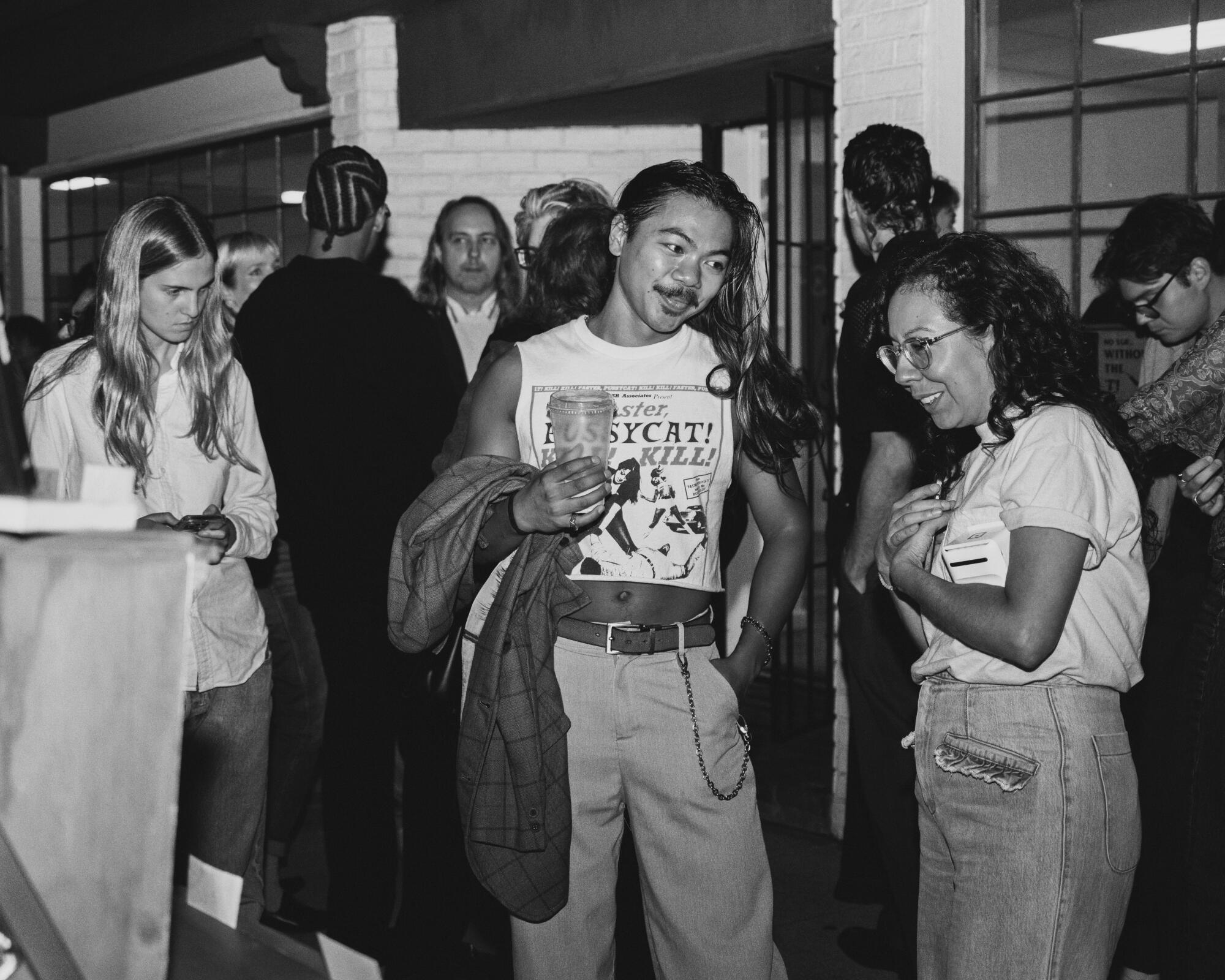
The Center for California Literature is Soto’s hopeful initiative for connecting writers across L.A. through readings, conversations and advocacy. In a period in which writers feel unsupported and concerned about the state of the arts, Soto says that the center is needed in L.A. more than ever.
The inspiration came about after Soto was commissioned by the L.A. Times to write a piece titled “Writers on Loving and Leaving Los Angeles,” about writers having to move out of L.A. due to a lack of opportunities. He says right as he was working on the article, it was decommissioned. The reason? The books editor who would have worked on it was laid off and subsequently had to leave L.A.
“It was so ironic. That article and the research I did for it really led me to see that there is a need for a structural solution. People shouldn’t have to choose between having a thriving arts life and having to leave their home,” Soto says.
Soto knew that waiting would only exacerbate the literary loss; if he wanted change, he said he needed to make it. He reached out to inspiring writers in his community for their support and found that people were searching for a place to gather and organize themselves. Roxane Gay, renowned author of the New York Times bestselling novels “Bad Feminist” and “Hunger,” is one of the center’s biggest supporters.
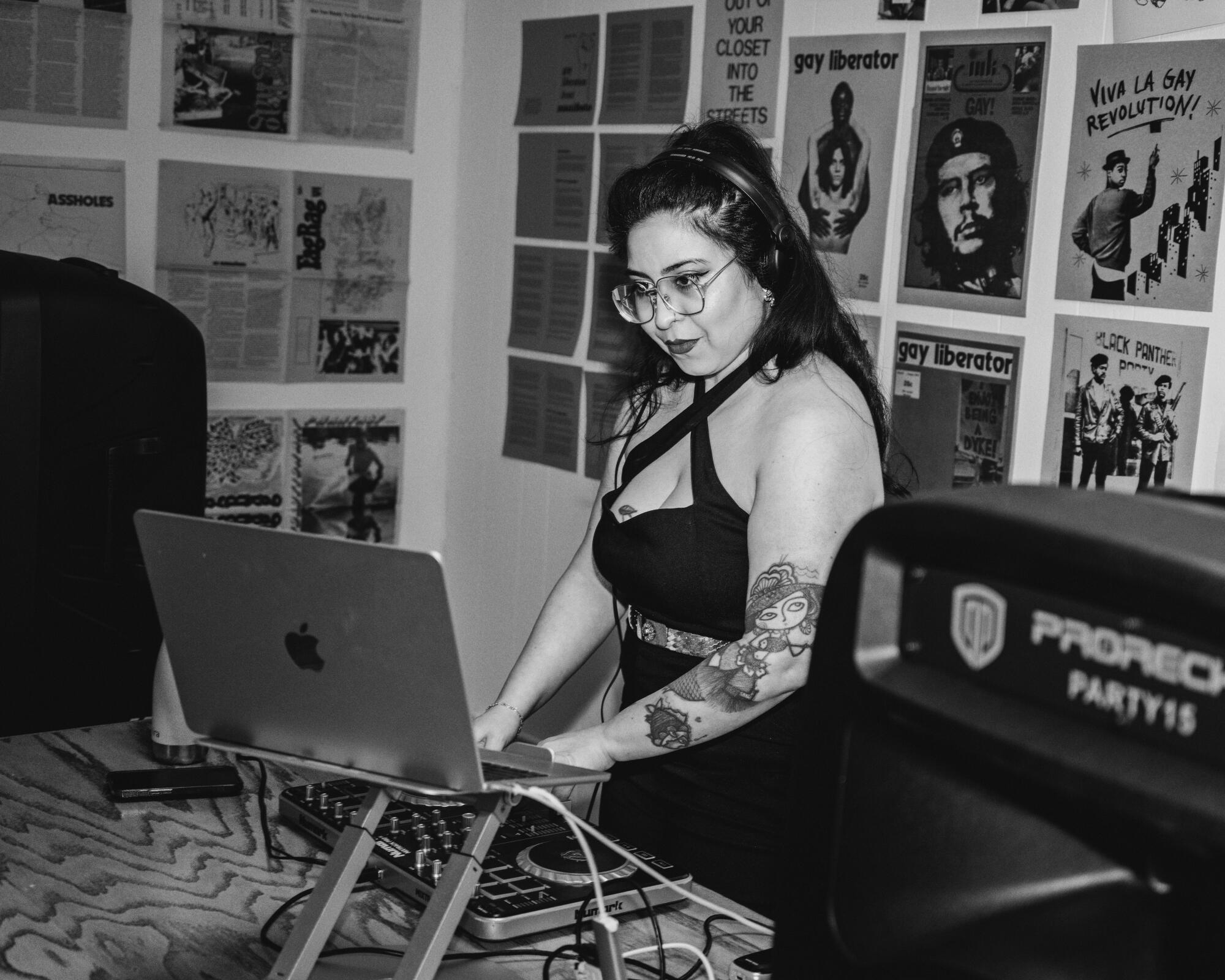
“There’s a lot of stories that literature is dead, or that literary communities are dying, but clearly they’re not. They’re alive and they’re well and we have to remember that,” Gay says. “Writing is a very solitary endeavor, but while we might write alone, we don’t exist as writers in the public sphere alone. We need community, whether it’s people to share our work with, people who understand our frustrations, or having people who will read our work.”
Soto and Gay imagine a future where the center is shaped by writers’ needs. With community as a centerpoint, the organization aims to serve poets and authors by giving them a platform to share their work, attend workshops and create connections among peers.
Gay joined a collective of notable speakers the night of the center’s official launch, which took place at Central L.A. start-up gallery Giovanni’s Room and was co-hosted with the Los Angeles Review of Books. Outside the launch, pupusas were sizzling and poets and book nerds stood in line for a bite or a read from a nearby Libros con Alma pop-up book cart.
The long line approaching the door was full of chatter and reunited friends, who stepped into the lobby and talked closely over the music mixed by DJ Izla. Although the gallery itself filled up quickly, growing warm and pupusa-scented, the energy was one of excitement and anticipation for people’s favorite authors and for a new beginning in the L.A. writers world.
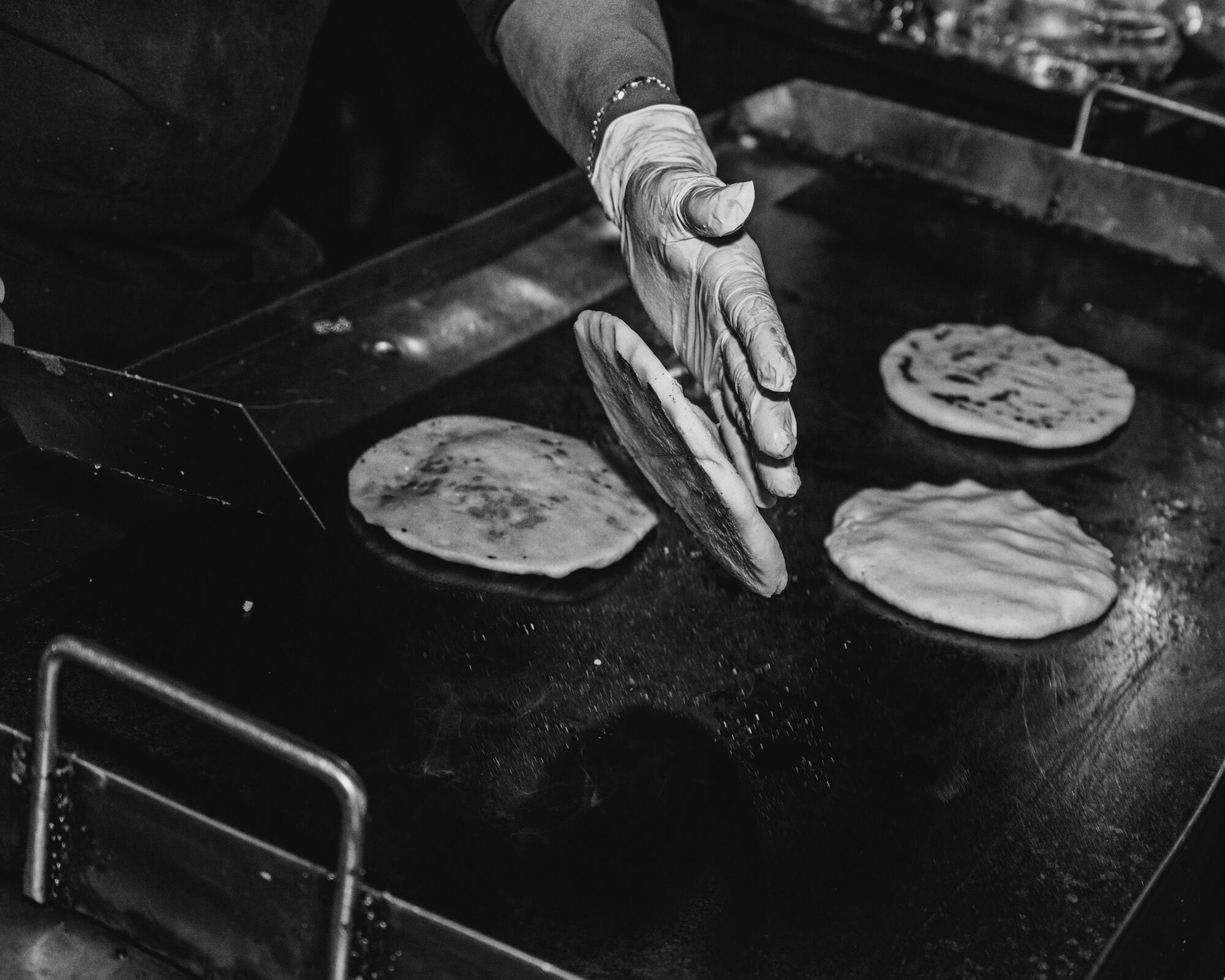
In a corner of the gallery, in front of a paper backdrop and lush potted plants, Grammy-nominated contemporary poet aja monet stepped before the mic to open the night. She was assertive the moment she spoke, clarifying the pronunciation of her name (ah-ja) and simply introducing poems from her time as a political organizer in Florida.
As monet delved into her work, her voice was serious, contained and bursting with emotion. With every stanza, she settled into a musical rhythm that was satiric and bitingly honest. Her poems ranged from swampy oppressive memories of Florida to the nature of poetry to musings on hypocritical activists.
“A poem can rinse, reflect and reveal us / I give thanks for the intimacy of planting poems / the living that brings poems into being,” monet read.
The crowd hummed and swayed in agreement and cheered in recognition of the feelings that she captured. After her moving set, Viet Thanh Nguyen picked up right where she left off. Nguyen is best known for his debut Pulitzer Prize-winning novel “The Sympathizer,” which discusses the Vietnam War’s impact on the U.S. through the lens of a Vietnamese American immigrant who navigates Hollywood social politics, integration and racial tension.
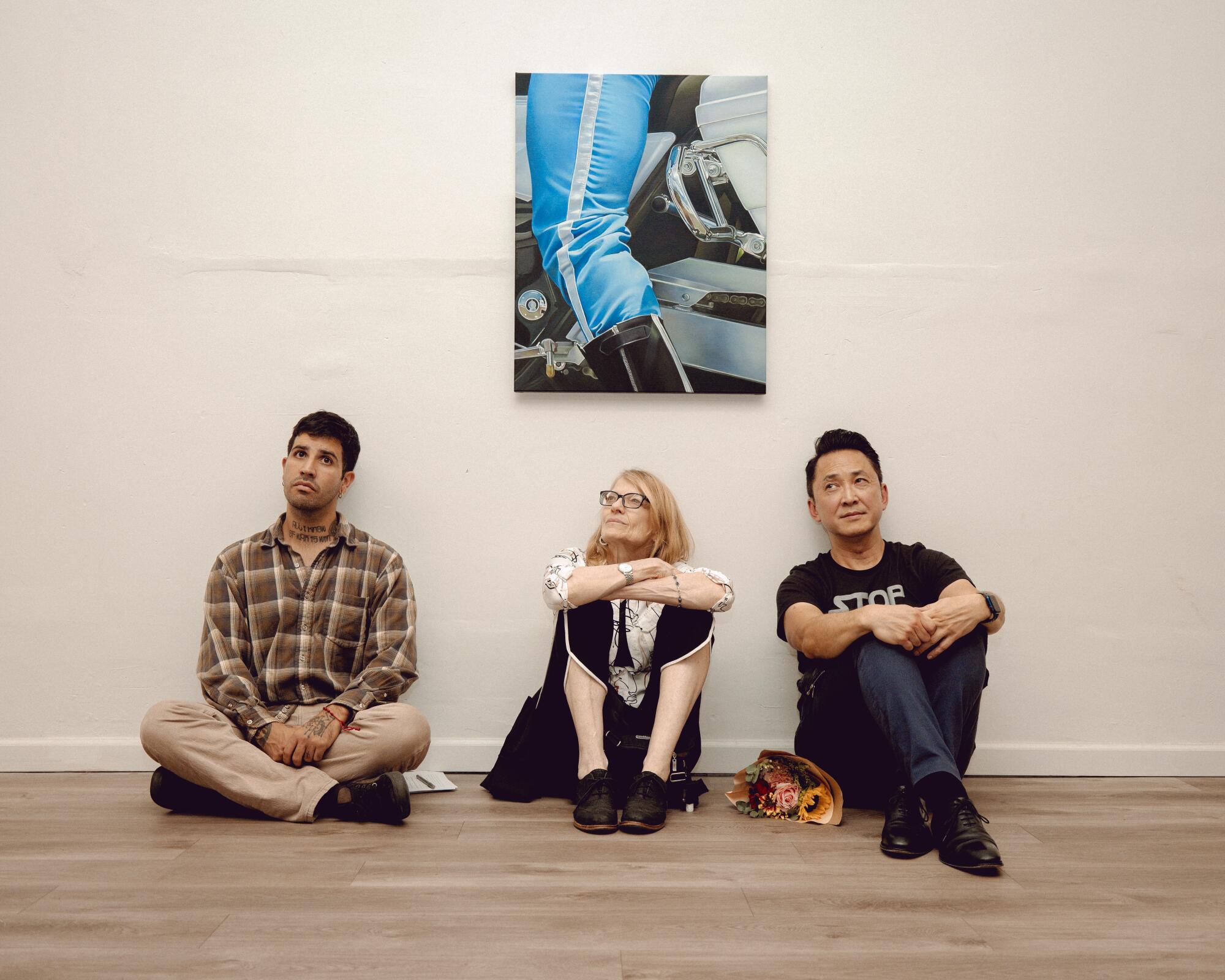
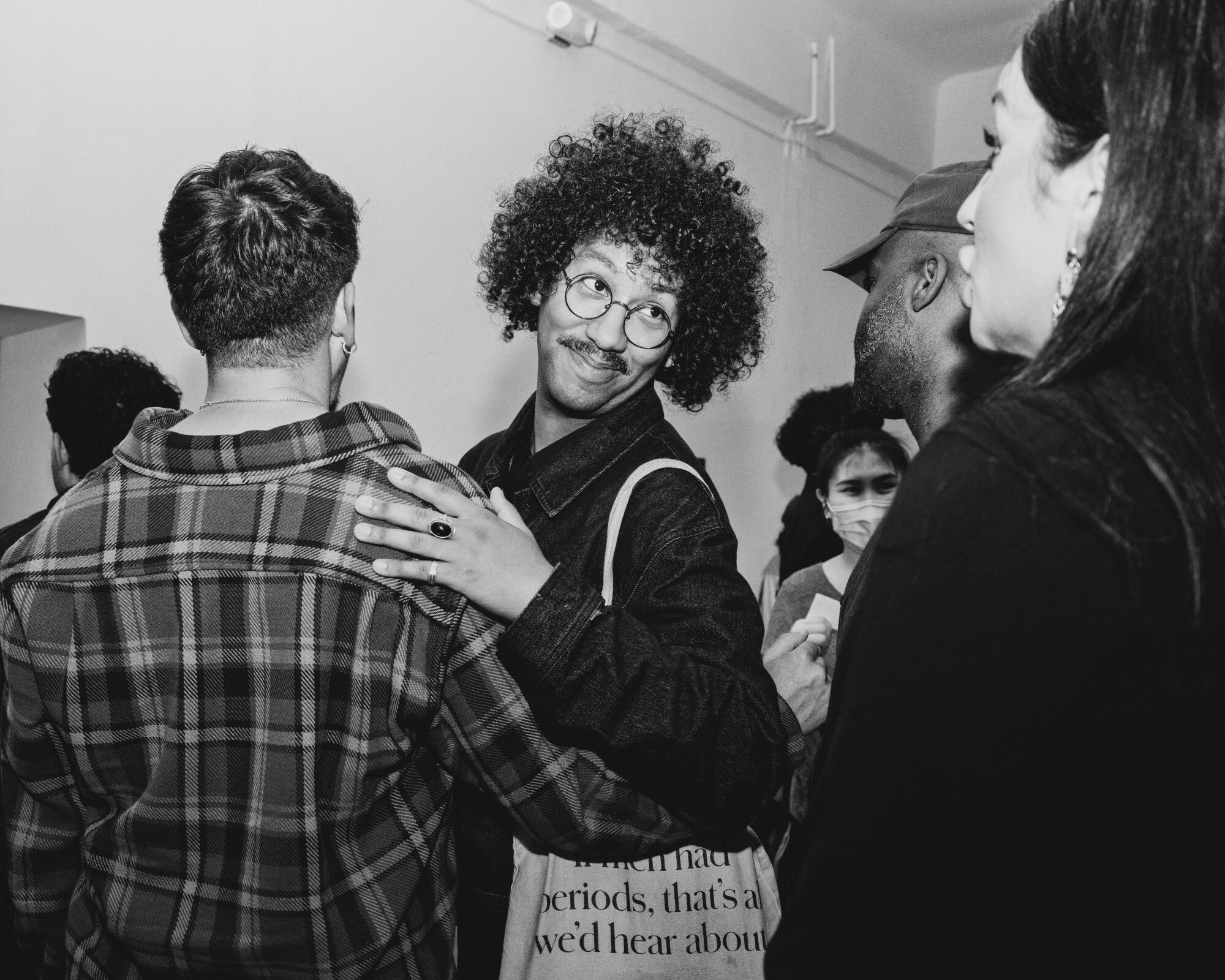
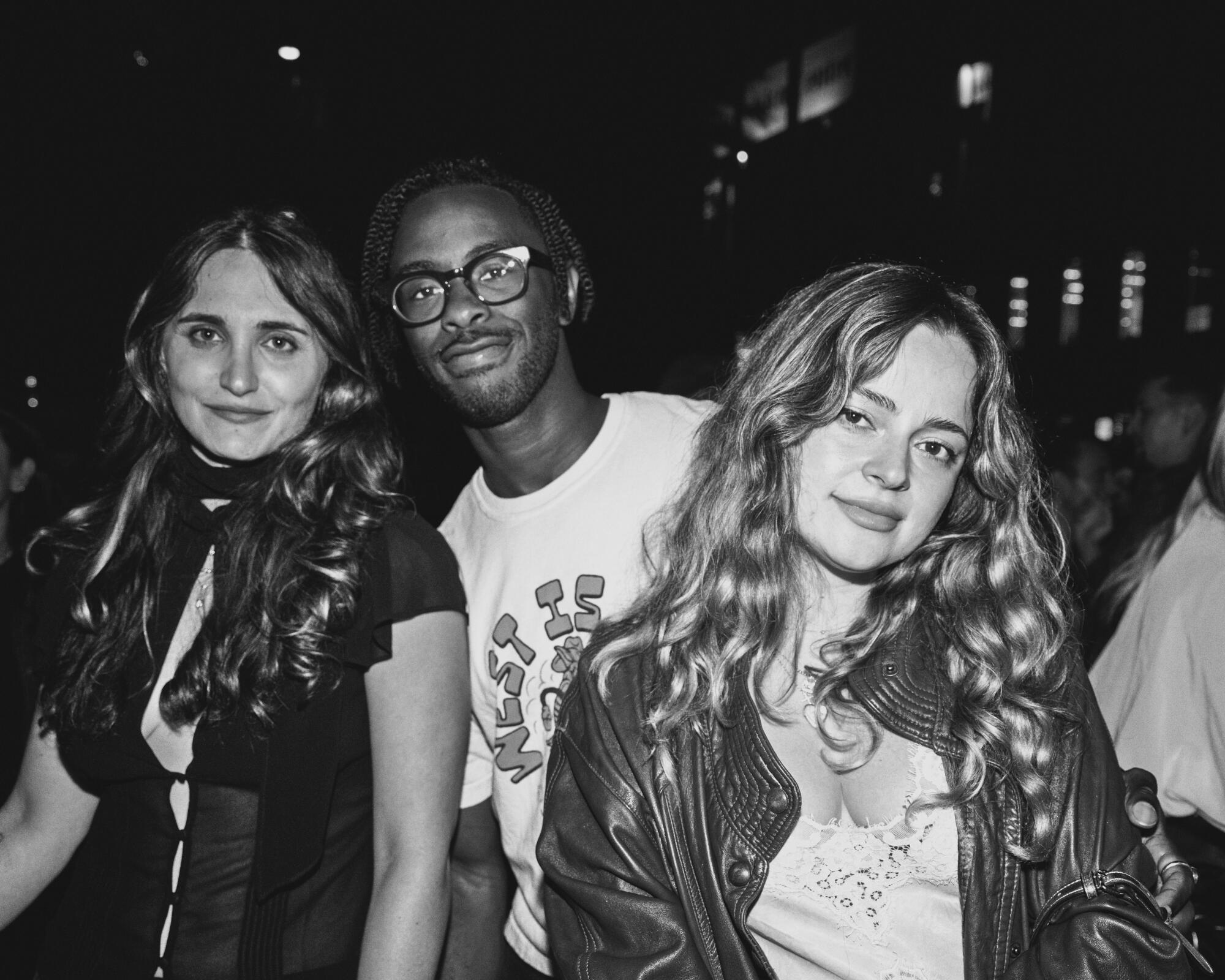
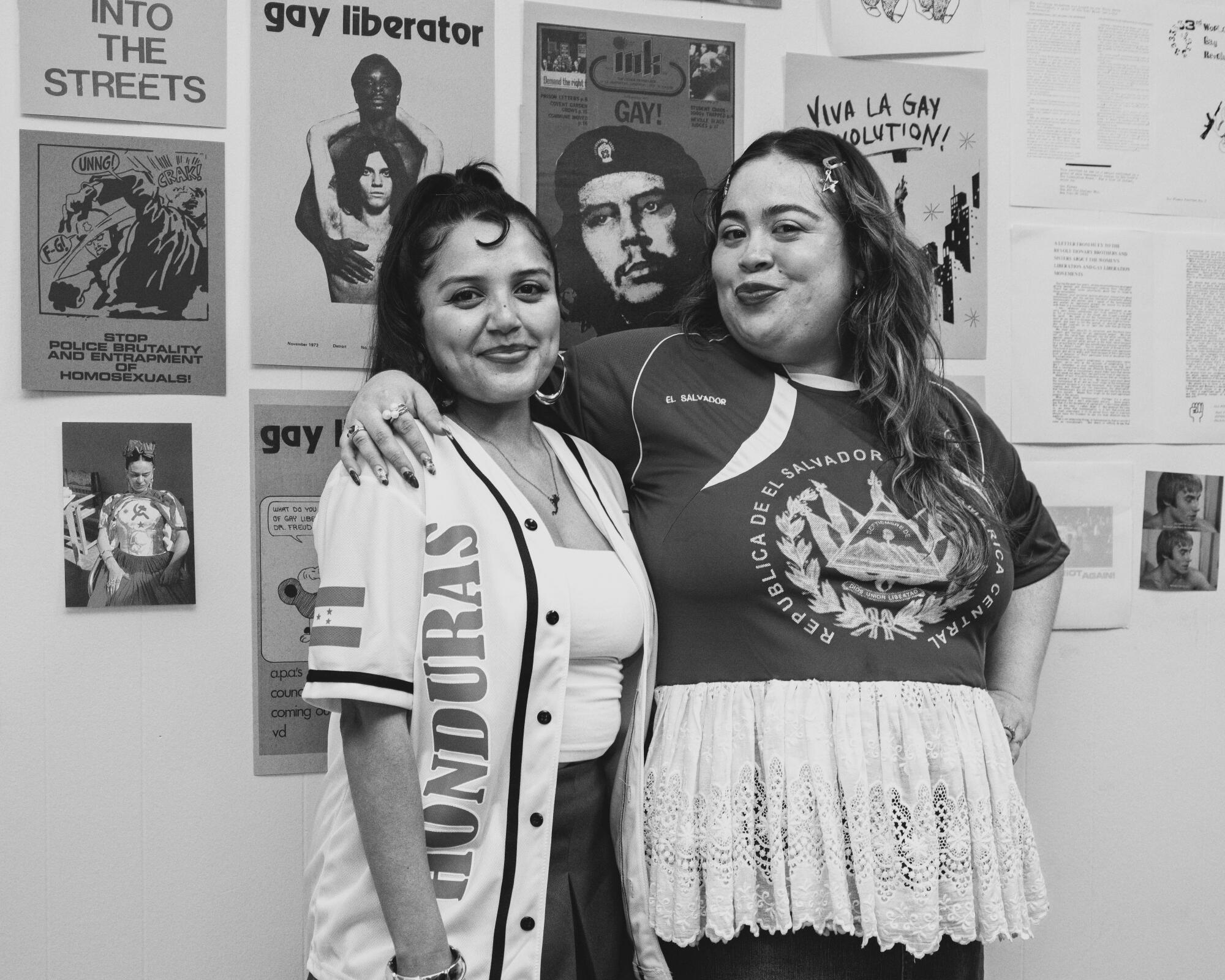
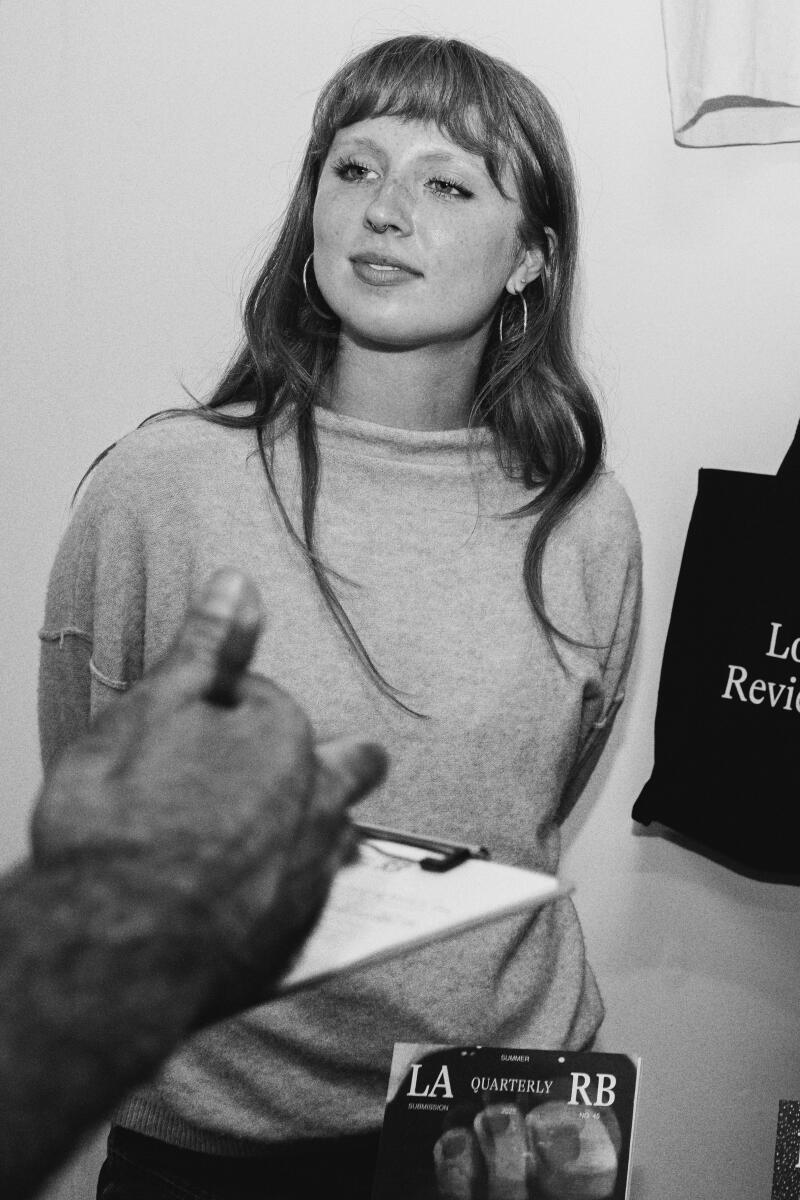
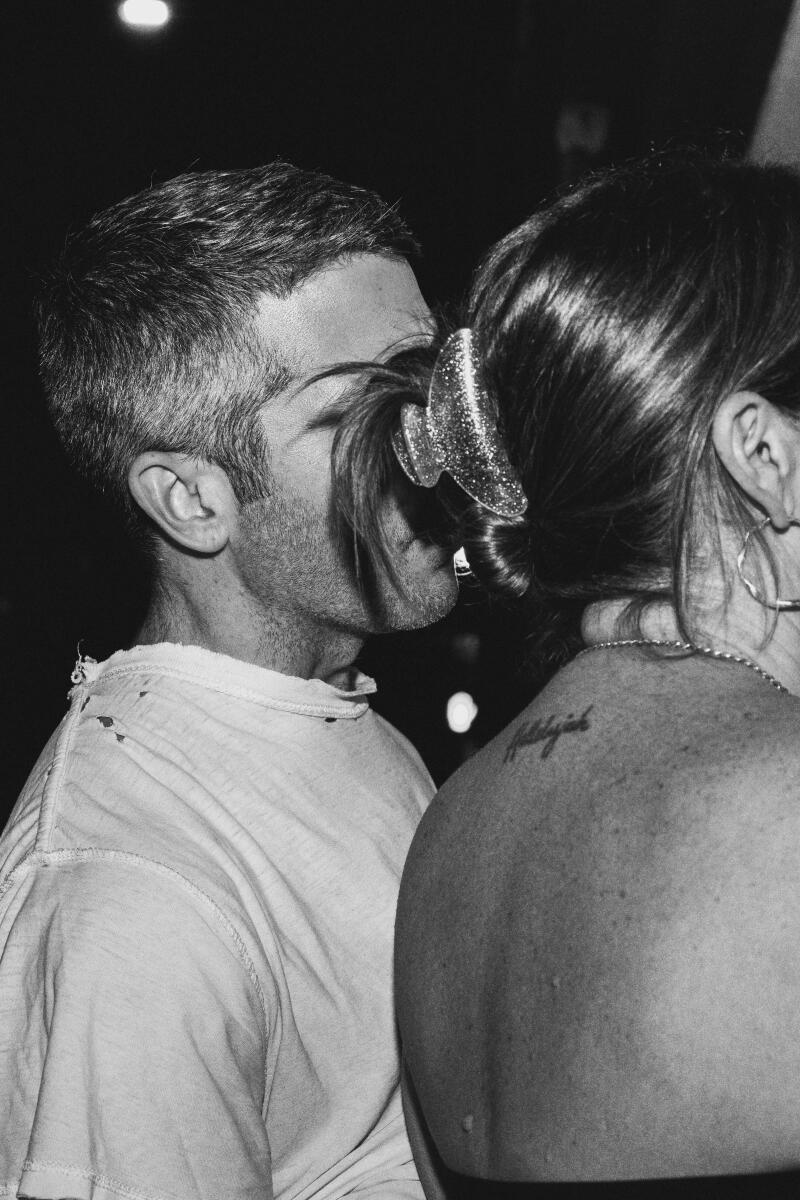
In the section Nguyen read that night, the main character challenges stereotypes of Vietnamese characters in a film, an attempt that is quickly shut down by a Hollywood executive. Nguyen chuckled as he finished — “The Sympathizer” was adapted into an HBO show, placing Nguyen into the very Hollywood spaces he criticized. He acknowledges this and affirmed that “after spending a lot of time in Hollywood, nobody has disputed this characterization.”
Author, actor and television writer Ryan O’Connell added to the conversation with a lengthy reading of “The Slut Diaries,” explorations of rediscovering sexuality in his 30s as a gay man with cerebral palsy. His reflections on sex and dating through the lens of gay and disabled identity, and the hilariously vulgar encounters that ensued, drew hoots and hollers from the crowd.
Camille Hernandez, a writer and poet laureate of Anaheim, was among O’Connell’s laughing audience.
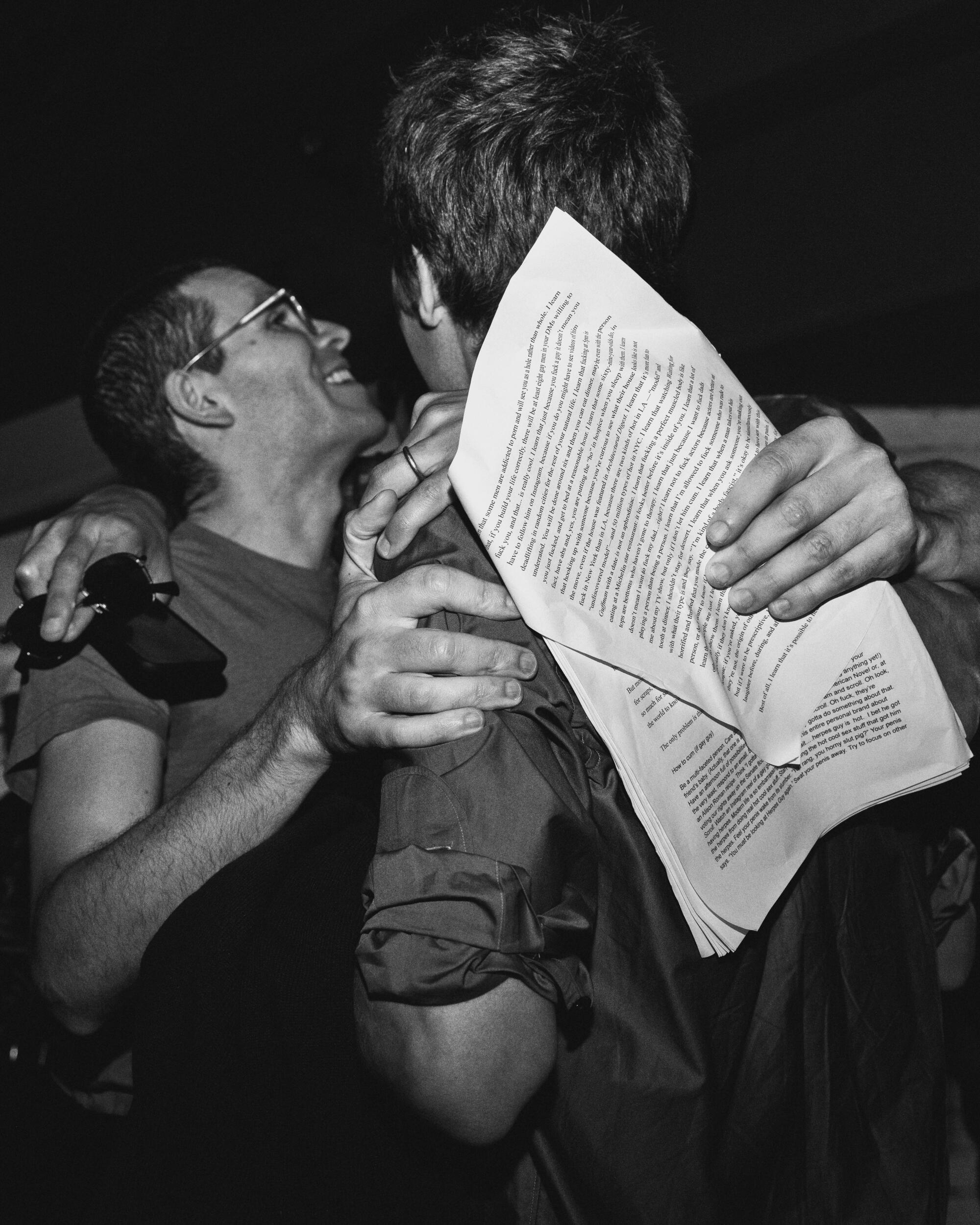
“I love being from here, and I want to lift up the literature from here. It is really beautiful that you could be from some place with such a rich literary heritage, but it’s such a travesty that not many people know about it, so efforts like this are so important to uplifting writers like us, who can be funny and honest like Ryan O’Connell or inspiring like Roxane Gay once they have the community to support them,” Hernandez says. “We deserve this.”
As Gay closed the night, her brief statement encapsulated the promising energy of the center’s first gathering.
“We deserve the material and creative resources to practice our craft. We deserve an abundant community that is mindful of the past and active and engaging the present and able to imagine a radical and expansive future,” Gay said. “And so I hope that everyone here will join us in that work.”
As authors, poets and hopeful writers filtered out into the crisp night, conversations abounded about what was next. Some were excited for an afterparty rumored to feature Erykah Badu. Others projected a next reading presided by an even bigger crowd, feeding the hunger for the literary arts that the center aims to feed. Whatever comes next, the literary community of L.A. has a new home to gather in.
